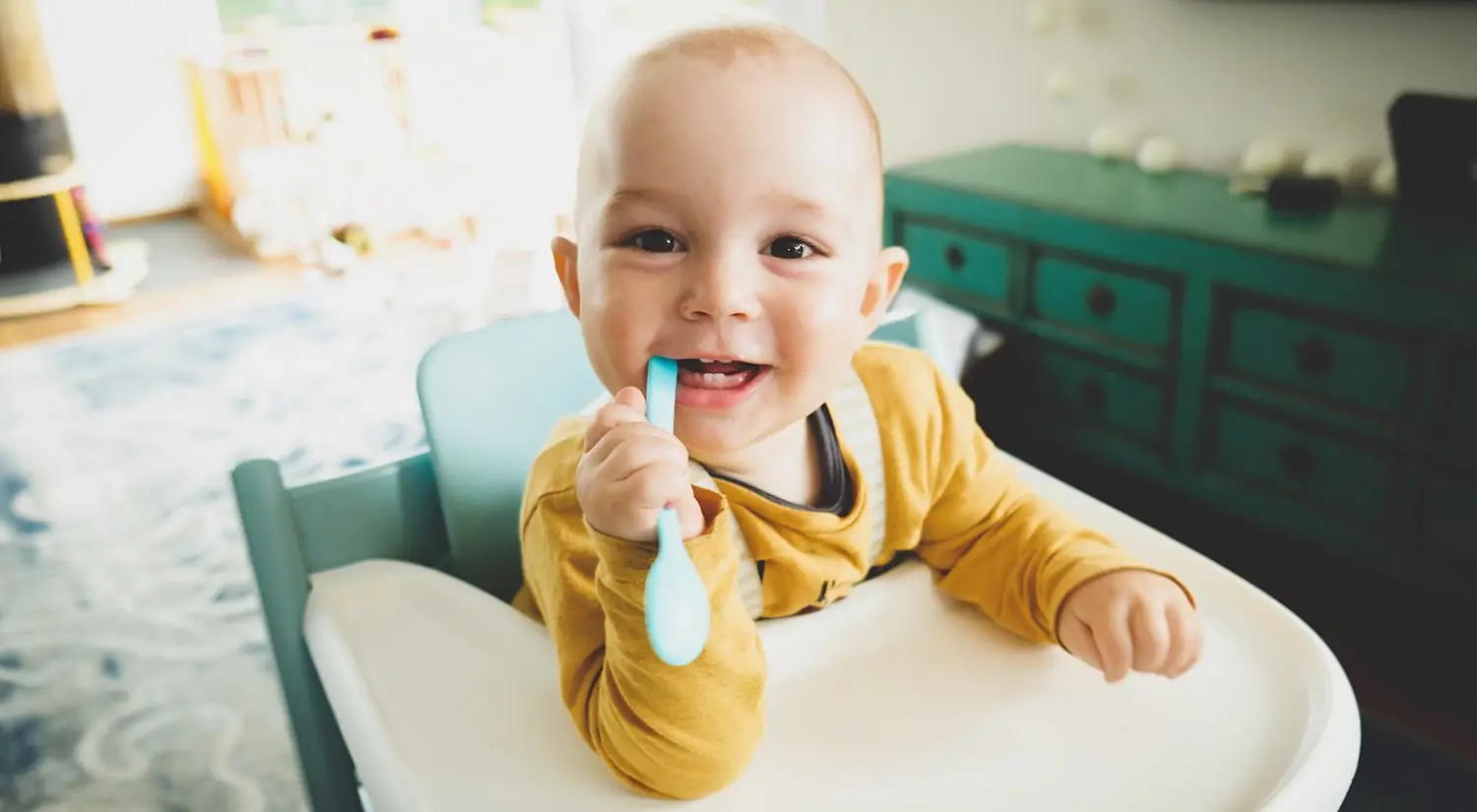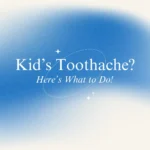The Importance of Baby Teeth: Care and Maintenance
Baby teeth, also known as primary teeth, play a crucial role in your child’s development. Although they eventually fall out to make way for permanent teeth, baby teeth are essential for chewing, speech development, and guiding permanent teeth into their correct positions. Understanding the importance of baby teeth and how to care for them is essential for maintaining your child’s oral health.
Why Baby Teeth Matter
- Chewing and Nutrition:
- Baby teeth help children chew food properly, which aids in proper digestion and nutrient absorption.
- This is crucial during early childhood when children are learning to eat a variety of solid foods.
- Speech Development:
- Baby teeth play a significant role in speech development. They help children learn to pronounce words properly and form sounds.
- Guiding Permanent Teeth:
- Baby teeth hold space in the jaws for permanent teeth that are developing under the gums.
- Premature loss of baby teeth due to decay or injury can lead to crooked or crowded permanent teeth.
- Self-Esteem:
- Healthy baby teeth contribute to a child’s self-esteem. They enable a child to smile, speak, and interact with confidence.
How to Care for Baby Teeth
- Start Early:
- Begin cleaning your baby’s mouth even before their first tooth appears. Use a soft, damp cloth or gauze to wipe their gums after feedings.
- Once teeth erupt, start brushing them twice a day with a small, soft-bristled toothbrush and a smear of fluoride toothpaste.
- Regular Dental Visits:
- Schedule your child’s first dental visit by their first birthday or within six months after their first tooth appears.
- Regular dental check-ups allow the dentist to monitor the development of your child’s teeth and catch any problems early.
- Healthy Eating Habits:
- Limit sugary snacks and drinks, as they can contribute to tooth decay. Offer healthy snacks like fruits, vegetables, cheese, and yogurt.
- Encourage your child to drink water throughout the day, especially after meals and snacks.
- Fluoride Protection:
- Fluoride is important for preventing cavities. Use fluoride toothpaste in an amount no larger than a grain of rice for children younger than three years old, and a pea-sized amount for children aged three to six.
- Talk to your dentist about fluoride varnish, which can be applied to your child’s teeth to help protect against cavities.
- Preventing Tooth Decay:
- Avoid putting your baby to bed with a bottle of milk, formula, juice, or sweetened liquid. Sugars from these liquids can cause tooth decay.
- If your child uses a pacifier, never dip it in sugar or honey.
When Baby Teeth Fall Out
- Baby teeth typically begin to fall out around age six and continue until age twelve or thirteen.
- Losing baby teeth is a natural part of growing up and making way for permanent teeth.
- Encourage your child to wiggle loose teeth to help them fall out on their own, but avoid pulling them out prematurely.
Caring for your child’s baby teeth is essential for their overall health and development. By establishing good oral hygiene habits early and making regular visits to the dentist, you can help ensure that your child’s smile stays healthy and beautiful throughout childhood and beyond. Remember, healthy baby teeth pave the way for healthy permanent teeth and a lifetime of confident smiles.
More Links:










